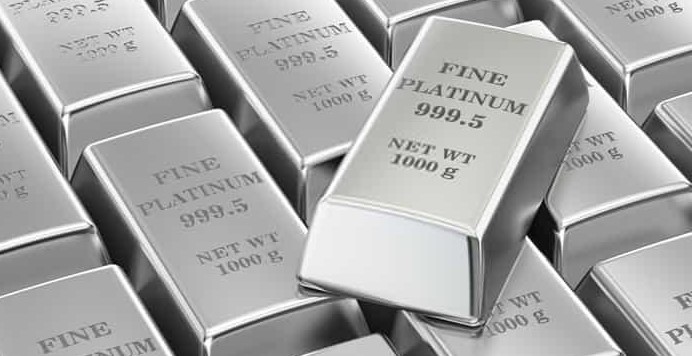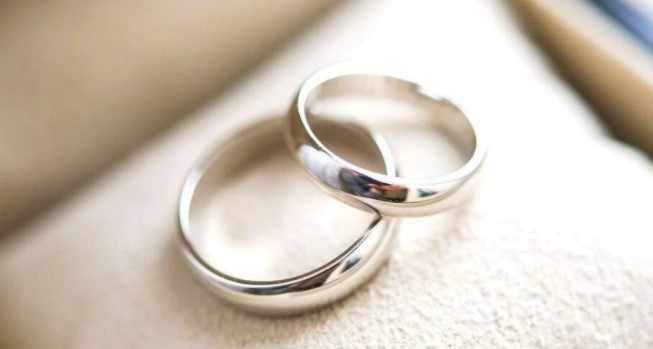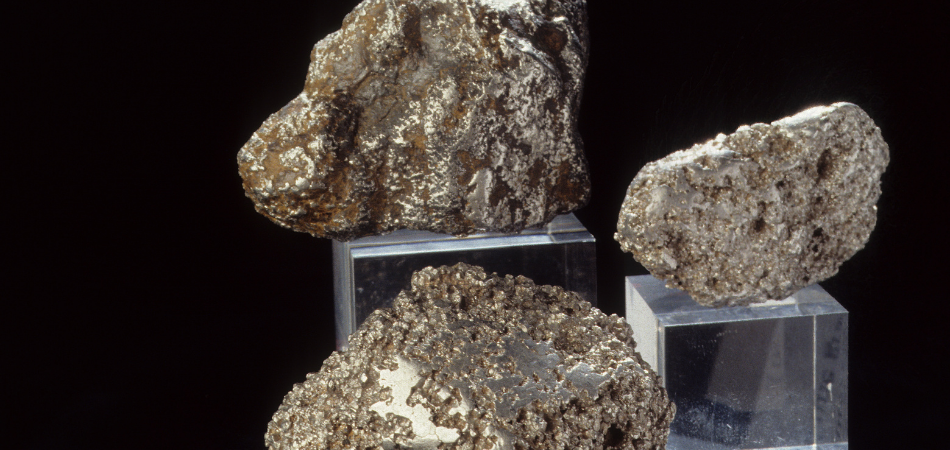Platinum has long been recognized as one of the most precious metals. Characterized by its durability and rarity, platinum is a versatile metal that can be recycled again and again without losing its purity. However, does platinum rust?
No, platinum does not rust. Platinum is a precious metal that is highly durable, strong, and naturally resistant to corrosion, which is why it lasts forever, unlike other metals such as gold or silver.
Platinum is a very rare metal, and it is one of the densest metals used in jewelry. It is extremely durable, doesn’t oxidize or discolor, and is hypoallergenic. That said, platinum can scratch and wear over time with regular use.
To maintain its natural luster and shine, you will want to care for your platinum jewelry using a polishing cloth. You need to handle it appropriately. However, in this article, I will take you through the nature of platinum and how you can best take care of it
What Is Platinum And What Is It Used For?
Platinum was once known as white gold due to its appearance. It is one of the noble metals with high value and regard. It’s uses vary from the making of jewelry, to magnets, electrical materials and appliances, and medical tools.
Platinum has one of the highest metal densities. Its density sits at 12.4 ounces per cubic inch (21.45 grams per cubic centimeter), which is over twenty times the 21 times the density of water.

In its pure state, it is beautiful and silvery-white. It is equally malleable and ductile. It is so hard that it does not yield to oxidation no matter the temperature. These include some of the qualities which make its uses very popular.
Uses of platinum
Platinum is mostly used in making jewelry. But most importantly, platinum is used in making catalytic converters for different kinds of cars and buses. It is estimated that about 50% of demand for platinum annually is for this purpose. Its role in these automobiles is the effective conversion of vehicle emissions into less harmful waste products.
Chemical industries use platinum as a catalyst to manufacture nitric acid, silicone and benzene. In automobiles, it is equally used as a catalyst to enhance the efficiency of fuel cells.
In the electronics industry, platinum is used to produce thermocouples and computer hard disks.
Platinum is equally very important in the production of optical fibres and LCDs, turbine blades, automobile spark plugs, and dental fillings. Platinum has equally become of great medical use especially in cancer treatments or chemotherapy drugs.
Despite its quality, value and resistance to rust, platinum can suffer corrosion by HCS, that is halogens, cyanides, sulfur. Caustic alkalis can also lead to such damage or wear. It becomes very important that you are aware of the best ways to treat and take care of your platinum to prevent it from corroding.
How To Maintain Platinum
Platinum jewelry always takes on different looks or patina as they get used over time. To care for your platinum jewelry therefore, observe the following:

- One of the best and easiest and cheapest ways to clean your platinum is by using warm and soapy water. In this case, the Platinum can be submerged right in the inside of the solution and allowed for some time. This enables the Platinum to wash off all dirt and debris hidden around it. This works most especially for platinum rings or necklaces.
- Harsh chemicals from bleach and abrasives can result in damage or lead to scratch on your platinum jewelry. Therefore, ensure you pull your jewelry before applying them.
- Do not engage in hard jobs with your platinum jewelry on.
- Keeping your platinum in the same place with other jewelries may lead to scratches, and must be avoided.
- To ensure that platinum gemstones are safe in their setting, ensure that a platinum professional checks your jewelry at least once in two years.
- Ensure that when alterations in your platinum size becomes necessary, your jeweler platinum stock for the work and not white gold. This can lead to dark markings along solder points.
- Clean your platinum jewelry regularly and avoid wear.
- While cleaning your platinum, use a soft jewelry cleaner which is made especially for cleaning platinum. A typical example of this is the PJC, the Precious Jewelry Cleaner. If this is not available, soft soap and water warmed a little can serve to replace it.
- Do not use a solution, such as a cleaning solution to clean your platinum. This leads to damaging the metal.
- Involve the services of professional jewelers, their touch of your metal with expertise can return it to its original look of your platinum from nearing corrosion. Some of the jewelers do offer free cleaning especially when the metal is bought from them. Even if the metal isn’t bought from them, it really doesn’t cost much to clean.
- Clean your platinum rings at least once every two weeks to keep it’s patina, shine and lustre. Allowing your platinum rings to be won or stay for too long before washing leads to loss of lustre, gem accumulation and possible corrosion.
Conclusion
In this article, I have explained that platinum does not rust for the simple reason that it does not contain iron. Platinum is regarded as a noble or precious metal because of its extreme resistance to rust.
Nonetheless, you still need to care for your platinum because it can suffer corrosion when exposed to poor usage and not taken care of.
I have also reminded you that one of the easiest and cheapest ways you can clean and take care of your platinum is by cleaning with warm and mild soap, then drying with soft dry towels. I hope you enjoyed your reading.


